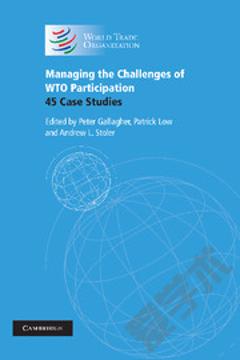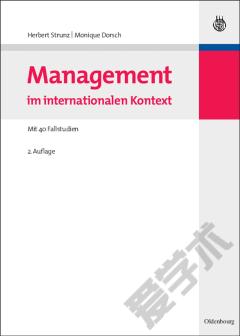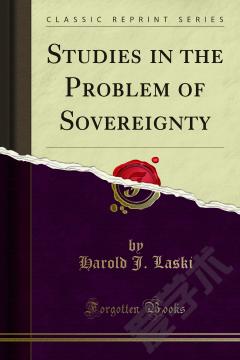Managing the Challenges of WTO Participation: 45 Case Studies
This 2005 compilation of 45 case studies documents disparate experiences among economies in addressing the challenges of participating in the WTO. It demonstrates that success or failure is strongly influenced by how governments and private sector stakeholders organise themselves at home. The contributors, mainly from developing countries, give examples of participation with lessons for others. They show that when the system is accessed and employed effectively, it can serve the interests of poor and rich countries alike. However, a failure to communicate among interested parties at home often contributes to negative outcomes on the international front. Above all, these case studies demonstrate that the WTO creates a framework within which sovereign decision-making can unleash important opportunities or undermine the potential benefits flowing from a rules-based international environment that promotes open trade.
{{comment.content}}








 京公网安备 11010802027623号
京公网安备 11010802027623号